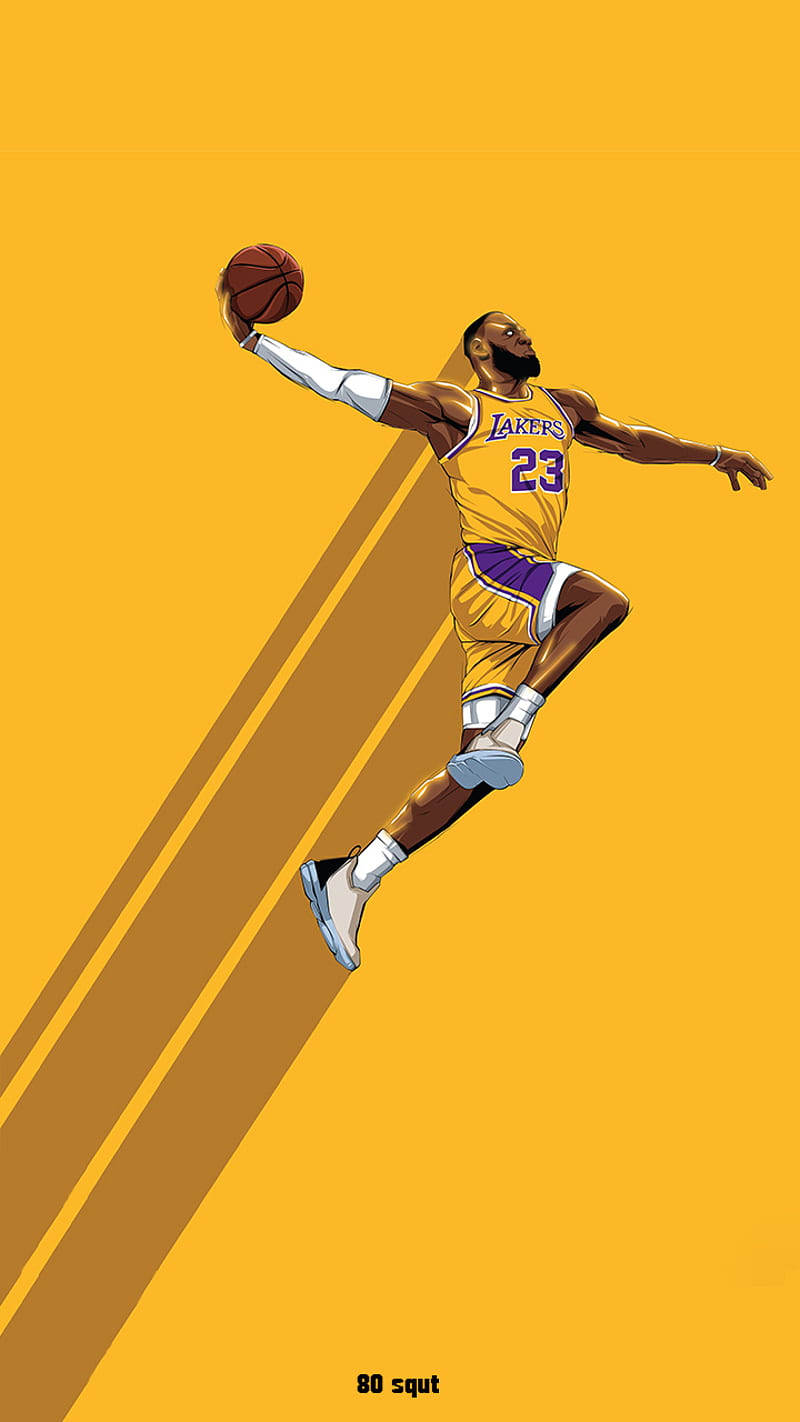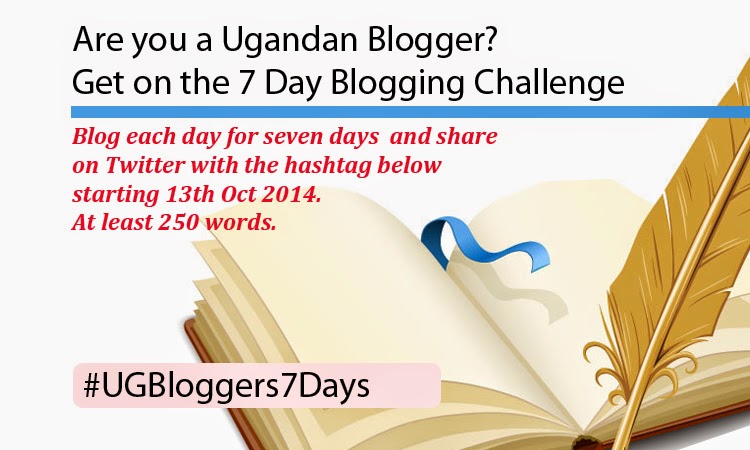The traditional workplace has long been compared to a family, where members are bound together by a sense of loyalty and camaraderie. While this approach has its merits, it may be time for companies to evolve their thinking and consider structuring their workplaces as high-performance teams, much like sports teams. By adopting the traits of sports teams, companies can foster an environment that prioritizes performance, learning, and individual growth, ultimately driving the organization’s success.
Conditional love and minimum performance standards:
Unlike the unconditional love and acceptance found in families, sports teams value performance and have minimum standards that players must meet to remain on the team. In a business context, setting clear expectations and holding employees accountable for their performance can motivate them to excel in their roles and contribute to the organization’s overall success.

Embracing competence and diversity:
Sports teams thrive on the diversity of skills and abilities that different players bring. In a high-performance team, each member’s unique strengths and competencies contribute to the team’s overall success. Companies can benefit from embracing diverse skillsets, backgrounds, and perspectives, as they can lead to more innovative solutions and improved decision-making.
Prioritizing individual milestones and achievements:
While families often prioritize group milestones, sports teams recognize that individual milestones drive team success. By encouraging employees to set personal goals and celebrate their accomplishments, companies can foster a culture of continuous improvement and personal growth, ultimately contributing to the organization’s success.
A focus on learning and adaptability:
Sports teams are constantly learning from their experiences and adapting their strategies to improve performance. Companies that adopt this mindset can create an environment that encourages learning and development, both from within the organization and from external sources. This will help employees grow and adapt to the ever-changing business landscape.
The choice to belong and commit:
Unlike family members, who are bound together by blood, sports team members choose to be part of the team and commit to its success. By fostering a workplace culture that values dedication, passion, and commitment, companies can attract and retain top talent that will drive the organization forward.
Recommendation
To evolve the traditional workplace and adopt the high-performance team mindset, companies should take the following steps:
- Establish clear performance expectations and hold employees accountable for meeting them.
- Value and promote diversity of skills, backgrounds, and perspectives within the organization.
- Encourage employees to set personal goals and celebrate their achievements.
- Foster a culture of continuous learning and adaptability, encouraging employees to learn from both internal and external sources.
- Create an environment that values passion, commitment, and dedication, attracting talent that actively chooses to be part of the team.
By embracing the traits of high-performance sports teams, companies can create a workplace culture that prioritizes performance, learning, and individual growth. This shift in mindset can lead to greater success, innovation, and adaptability, ultimately driving the organization forward in an ever-changing business landscape.




